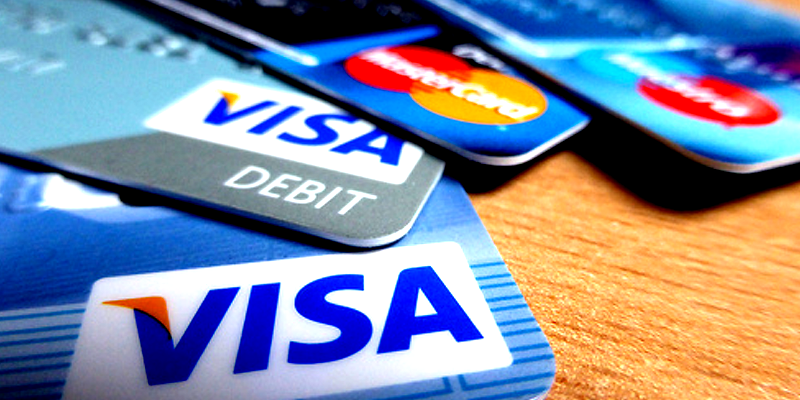For people looking to establish their credit or rebuild it, a secured credit card is often the easiest way to jumpstart their trail to 700, but just like unsecured cards – not all secured cards are created equal.
Secured cards are different than other cards. You provide the bank with a deposit (usually minimum $300-$500). The bank holds your deposit and issues you a credit card with a limit equal to the deposit amount.
This is helpful to you because you get a credit card that reports your payment history, and the bank feels good about it because they can keep your deposit if you default. Because there is little to no risk to the bank, they have less strict requirements for someone to be approved for a secured card.
If you’re looking for a secured card, you’ll want to find one (if possible) that will end up graduating into an unsecured card. This is helpful for several reasons.
- You’ll get your deposit back.
- Your account remains open and keeps your AAOA up.
- You now have an unsecured credit card!
What graduating means is that they basically look at how you’ve handled the account over the last year or so and give you your deposit back because you’ve proven to be a responsible borrower.
Most major banks / credit unions offer secured cards that graduate, but you’ll always want to be careful when making a selection. Below is a list of cards that graduate and the general rules the bank follows when graduating.
- Discover
The Discover Secured card is one of the best out there and due to a recent change in their policy, they are graduating secured cards in as few as 7 months!
Graduates: 7-13 months
Rewards: Yes
Reports As: Secured (Used to be unsecured.) - Capital One
This secured card is one of the most popular and will allow you to graduate over time, but Capital One usually just increases your limit with an unsecured amount on top of your deposit. They often full graduate after a call and they will turn it into a Capital One Platinum.
Graduates: 12+ months, in stages. Might require a call to customer service.
Rewards: No
Reports As: Unsecured - NFCU nRewards
If you can become a member, this is a great card for you and will graduate to an unsecured card. NFCU is known for being very friendly to people with a bankruptcy so long as NFCU was not burned.
Graduates: Approx. 12 months
Rewards: Yes
Reports As: Unsecured - Wells Fargo
Although it has an annual fee, this card does graduate and has additional benefits that are only found with Wells Fargo, like cell phone insurance.
Graduates: Approx. 12 months
Rewards: No
Reports As: Secured - US Bank
They have a variety of different types of secured cards with varying rewards that match. Users have reported that the card does graduate, but you must call customer service and ask.
Graduates: Approx. 12 months, must call and request.
Rewards: Yes, depending on card.
Reports As: Secured - Citi
This is a no-go for anyone who has filed bankruptcy in the past 2 years, but is a decent choice for those who haven’t and perhaps already have a relationship with Citi.
Graduates: Between 12-18 months, usually more toward 18.
Rewards: No
Reports As: Secured - First National Bank of Omaha
Decent interest rate and a free FICO 8 score, but graduation is not promoted, so I’d recommend getting this card with caution.
Graduates: Approx. 12 months, FNBO doesn’t outright state it will graduate.
Rewards: No
Reports As: Unknown - Union Bank
Similar to FNBO’s offering, this is one we’ve put at the bottom because it’s not directly promoting it’s ability to graduate. Apply with caution.
Graduates: Approx. 15 months
Rewards: No
Reports As: Secured
There are many, many more cards from a gazillion tiny credit unions and banks that will graduate, but we tried to list the most talked about and popular cards we have gotten questions about. If you think there should be one added to the list, please let us know in the comments!


Recent Comments